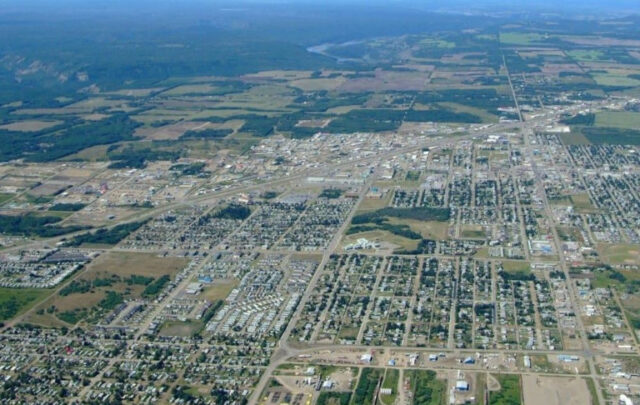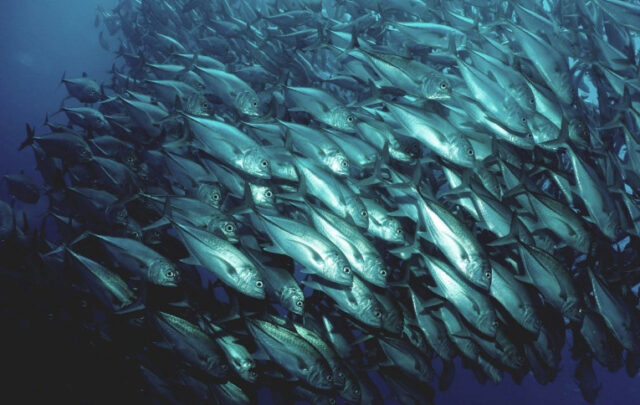With the midterm election around the corner, here’s a wacky idea you won’t often hear from our elected leaders: We should raise the tax on gasoline. Not quickly, but substantially. I would like to see Congress increase the gas tax by $1 per gallon, phased in gradually by 10 cents per year over the next decade. Campaign consultants aren’t fond of this kind of proposal, but policy wonks keep pushing for it. Here’s why:
The environment. The burning of gasoline emits several pollutants. These include carbon dioxide, a cause of global warming. Higher gasoline taxes, perhaps as part of a broader carbon tax, would be the most direct and least invasive policy to address environmental concerns.
Road congestion. Every time I am stuck in traffic, I wish my fellow motorists would drive less, perhaps by living closer to where they work or by taking public transport. A higher gas tax would give all of us the incentive to do just that, reducing congestion on streets and highways.
Regulatory relief. Congress has tried to reduce energy dependence with corporate average fuel economy standards. These CAFE rules are heavy-handed government regulations replete with unintended consequences: They are partly responsible for the growth of SUVs, because light trucks have laxer standards than cars. In addition, by making the car fleet more fuel-efficient, the regulations encourage people to drive more, offsetting some of the conservation benefits and exacerbating road congestion. A higher gas tax would accomplish everything CAFE standards do, but without the adverse side effects.
The budget. Everyone who has studied the numbers knows that the federal budget is on an unsustainable path. When baby-boomers retire and become eligible for Social Security and Medicare, either benefits for the elderly will have to be cut or taxes raised. The most likely political compromise will include some of each. A $1 per gallon hike in gas tax would bring in $100 billion a year in government revenue and make a dent in the looming fiscal gap.
Tax incidence. A basic principle of tax analysis — taught in most freshman economics courses — is that the burden of a tax is shared by consumer and producer. In this case, as a higher gas tax discouraged oil consumption, the price of oil would fall in world markets. As a result, the price of gas to consumers would rise by less than the increase in the tax. Some of the tax would in effect be paid by Saudi Arabia and Venezuela.
Economic growth. Public finance experts have long preached that consumption taxes are better than income taxes for long-run economic growth, because income taxes discourage saving and investment. Gas is a component of consumption. An increased reliance on gas taxes over income taxes would make the tax code more favorable to growth. It would also encourage firms to devote more R&D spending to the search for gasoline substitutes.
National security. Alan Greenspan called for higher gas taxes recently. “It’s a national security issue,” he said. It is hard to judge how much high oil consumption drives U.S. involvement in Middle Eastern politics. But Mr. Greenspan may well be right that the gas tax is an economic policy with positive spillovers to foreign affairs.
Is it conceivable that the policy wonks will ever win the battle with the campaign consultants? I think it is. Even after a $1 hike, the U.S. gas tax would still be less than half the level in, say, Great Britain, which last I checked is still a democracy. But don’t expect those vying for office to come around until the American people recognize that while higher gas taxes are unattractive, the alternatives are even worse.
In response to critics…
On October 26, Greg Mankiw posted a response to critics: Alternatives to the Pigou Club. The post begins:
Today’s Wall Street Journal prints various letters in response to my oped on gas taxes. Rather than responding to to the specific points, or to all the comments posted on this blog, let me try to spell out more generally the alternatives from which we must choose.
Members of the Pigou Club favor higher Pigovian taxes in order to remedy externalities such as pollution and congestion while raising government revenue. If you aren’t a member of the Pigou Club, you most likely fit into one of these four categories.
1. You deny the existence of these externalities as a type of market failure. Perhaps you think you live in a Coasian fantasy world where people bargain without transaction costs to reach efficient allocations. (Note: I am not suggesting that Coase himself thought we lived in such a world—he considered it only a useful thought experiment.)
2. You recognize the externalities but you don’t think the government should try to respond to them. You are such a believer in small government that you are willing to live with inferior economic outcomes, such as pollution and congestion.
3. You recognize the externalities, think the government should try to correct them, but think the current low taxes we put on gasoline are sufficient. In this case, you have weighed and rejected the evidence, such as that of Parry and Small, that higher Pigovian would be optimal. (Parry and Small calculate an optimal tax of $1.01 for the United States in today’s dollars. After my proposed phase-in of a $1 hike, the U.S. tax would be $1.40. Assuming 10 years of 3 percent inflation, the tax in real terms would approach almost exactly what Parry and Small recommend. By the way, the published version of Parry and Small was in the American Economic Review, September 2005.)
4. You recognize the externalities but think the government should try to correct the market failure through regulations (such as CAFE standards) or through market-based solutions that do not raise government revenue (such as cap-and-trade systems). Perhaps you are concerned that government would waste the extra revenue on useless government programs.
Let me respond to group 4, because my guess is that this is the largest group of antipigovians.
(More at the original blog post: Alternatives to the Pigou Club.)
Brad DeLong defends the Group 4 antipigouvians
UC Berkeley economist and blogger Brad DeLong comments in a recent post: Greg Mankiw: For Higher Gas Taxes:
I think most most members of Group 4 believe that Greg Mankiw’s Pigovian taxes on gasoline and other carbon emissions would be a good thing, but don’t think that we can get there easily in today’s political climate–especially with a Republican Party that doesn’t care about balancing the budget at all but has a large fundamentalist wing opposed to all tax increases that might stabilize our fiscal situation and avoid running big risks of future disasters. CAFE is not a way of avoiding “taxing”–it’s a way of getting the auto companies to collect the tax (and rebate the revenue to purchasers of fuel-efficient cars). It’s an inefficient policy with little pollution-reduction bang for its excess-burden buck, but it is one that Mankiw’s political masters might accept–you see, it isn’t called a “tax.” The same holds for tradeable permit schemes.
Most members of Group 4, I think, aren’t opposed to taxing gasoline in a Pigovian way. What they are is opposed to calling the tax a tax, because they believe Republican politicians need a way to save face.





